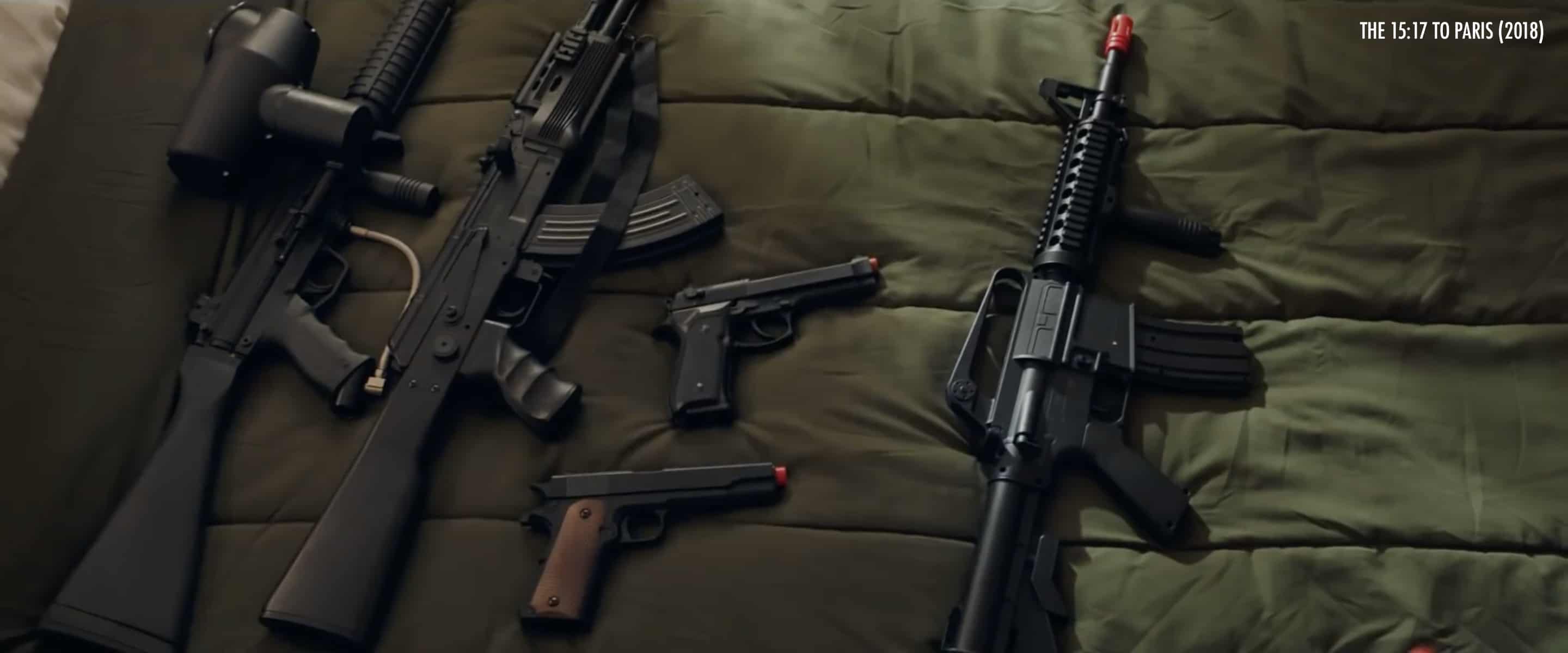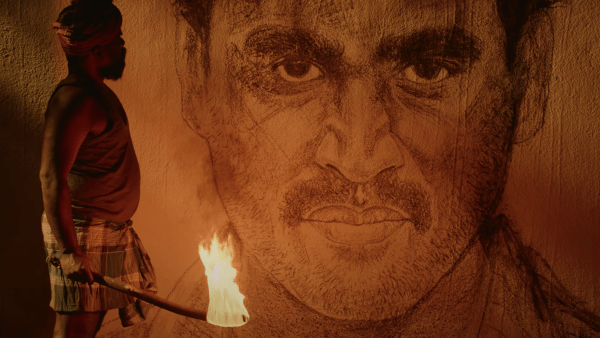Clint Eastwood returns after his stellar Sully with another film that pays tribute to American heroes. This time around, it is the three men majorly responsible for averting the 2015 Thalys Train attack — Spencer Stone, Anthony Sadler and Alek Skarlatos. What’s more? They get to play themselves in the movie too.
The 15:17 to Paris (2018) Review

So, do they ‘act’ naturally?
Very often, we discredit good acting with the clichéd usage of ‘natural acting’. It is a classic misnomer. Acting is nothing but fake, although in a positive sense. We fake it when we are unable to ‘pretend’ properly. We act when we behave closely to what we are naturally expected to respond. While it is a brilliant choice to cast newcomers and especially people who were real-life heroes themselves, you expect the treatment to come ‘naturally’. The 15:17 to Paris sadly falters there. What we end up witnessing then is a re-enactment of how the event played out. If you have observed crime series, you will realize that the crime has an adrenaline rush to it which the re-enactment would lack. This is obvious. The former happens out of a spontaneous sequence of actions and reactions. The latter arises out of a conscious reliance on memory and is staged out to re-create the event as close to how it factually transpired. While the actors were good in this part, they seemed a little drawn out compared to other scenes.
Linear screenplay and textbook narration.
When we depict a historical event such as this, the film naturally requires a sense of urgency to make the audience grasp the suddenness with which events unfolded, how the people managed the situations and a few emerged as heroes. This would only work on a grander scale if the antagonist you show, although a single person, in this case, is tied to a larger worldview and a thicker political undercurrent. I am surprised that a filmmaker like Clint Eastwood, who is known for showing stark contrasts between the protagonist and antagonist forgets about the backstory of the antagonist at all. It only makes the heroic attempt look smaller as a one-off incident. Supposing we got to see the worldview of the gunman, Ayoub El-Khazzani and what motivated him to shoot people in the first place, it would have given the audience enough reasons to side with the protagonist. Because, in the end, as we know, he was fighting a lone battle and was silenced eventually.

Added to that is the way this film moves. It moves like a dreary history that stays true to its timeline of events rather than focusing on the main event itself. Why not hurry to the event, explore and examine its undercurrents, to understand the motivations of the characters involved? A non-linear screenplay with a crisper narration would have helped in enhancing the grandness of this tale and make it more appealing. We all are interested in history provided it is told well. No one wants information available on Wikipedia. Even in documentary dramas, the ebbs and flows of the action on screen have a sense of urgency.
The backstory is fine but is the backbone strong?
It is essential to know the backstory of the characters and while it is appreciated that Clint Eastwood wanted to show the transition of the three kids from childhood to depict how they have evolved, what the backstory lacks is a conviction to interest you. It ends being just Cinéma vérité. You are informed that Spencer and Aleksander come from religious families but nothing more than that. What are their family values and what makes them the way they are barely mentioned?
Laborious detailing and lacks the cinematic appeal.
The film is laborious detailing. We understand that the event took place during their Europe vacation but we do not need to know the places they took selfies in. Because this movie is not about their vacation. It is an event that could have proved to be catastrophic. That the movie attracts you to some level is because of Spencer Stone who seems like a good bloke with his charming smile and his friendship with Anthony Sadler. They manage to keep the train moving even if it happens to not obey their commands.
The 15:17 to Paris seems more like a train that in its need to adhere to the timetable schedule, does not care about the journey it undertakes.




